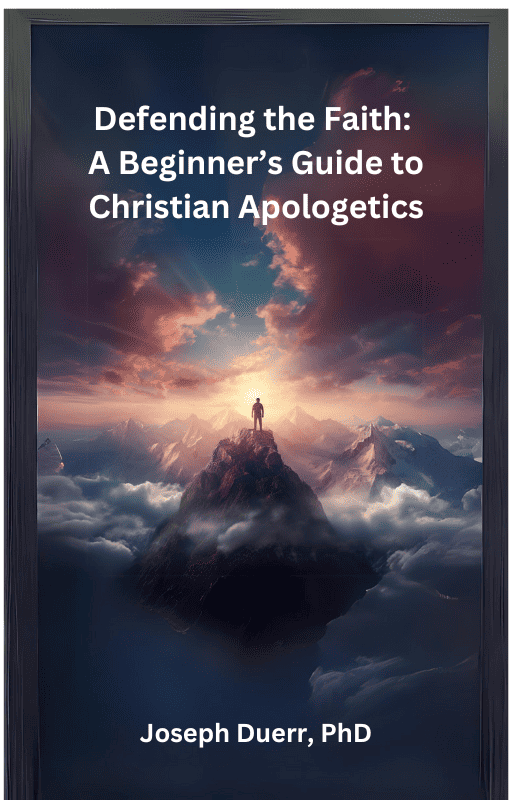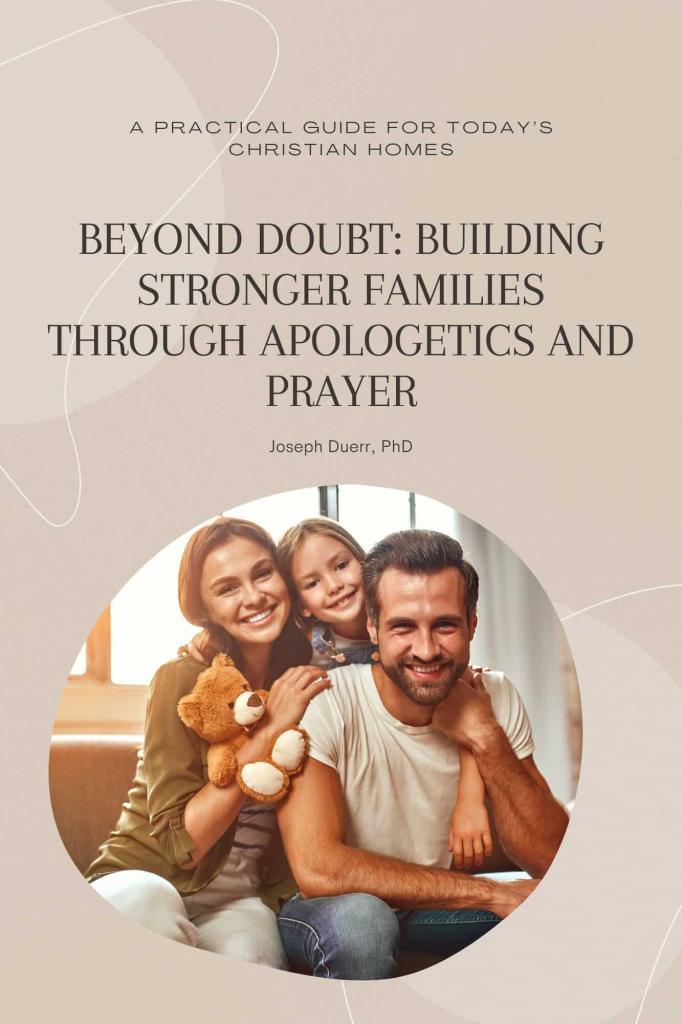Christianity, like any belief system, faces its share of objections and skepticism. Addressing these concerns is not just about defending the faith, but also about inviting others to understand its perspective. In this blog post, we’ll explore some common objections to Christianity and provide thoughtful responses based on biblical principles and reasoned arguments.
Objection 1: The Problem of Evil
One of the most common objections to Christianity is the problem of evil. Critics ask, “If God is all-powerful and all-loving, why does He allow suffering and evil in the world?”
Response: The presence of evil and suffering is a complex issue, but it is important to understand that Christianity acknowledges the reality of evil. The Bible teaches that evil entered the world through human disobedience (Genesis 3). However, God’s response to evil is one of redemption and restoration. The cross of Christ is the ultimate demonstration of God’s love, where He takes the consequences of evil upon Himself to offer hope and healing. As Romans 5:8 states, “But God shows his love for us in that while we were still sinners, Christ died for us.”
Objection 2: The Exclusivity of Christianity
Another objection is the exclusivity of Christianity. Critics argue, “How can Christians claim that Jesus is the only way to God?”
Response: Christianity does claim exclusivity, but this is based on the teachings of Jesus Himself. In John 14:6, Jesus says, “I am the way, and the truth, and the life. No one comes to the Father except through me.” This statement is not about excluding people but about the unique role of Jesus in salvation. Christianity holds that because of Jesus’ death and resurrection, He is the only one who can bridge the gap between a holy God and sinful humanity.
Objection 3: The Reliability of the Bible
Critics often question the reliability of the Bible, asking, “How can we trust a book that was written thousands of years ago?”
Response: The reliability of the Bible is supported by extensive manuscript evidence, archaeological discoveries, and historical validation. The Bible has been meticulously preserved and transmitted through generations. Additionally, its historical and prophetic accuracy provides a strong foundation for its trustworthiness. Christians believe that the Bible is not just a historical document, but the inspired Word of God (2 Timothy 3:16), which has stood the test of time.
Objection 4: Science and Faith
The perceived conflict between science and faith is a common objection, with critics asking, “How can Christians reject scientific evidence?”
Response: Christianity is not anti-science. Many Christians are scientists who see their work as exploring the intricacies of God’s creation. The Bible does not contradict science; rather, it offers a different lens through which to understand the world. The Genesis creation account, for example, is not a scientific textbook but a theological statement about God’s role as creator. Faith and science can coexist and complement each other in understanding the complexities of the universe.
Objection 5: Hypocrisy and Failings of Christians
Finally, critics often point to the hypocrisy and failings of Christians, asking, “How can Christianity be true when its followers are flawed?”
Response: Christianity does not claim that Christians are perfect. In fact, it acknowledges human imperfection and the need for grace. The failings of Christians are not a reflection of the truth of Christianity but a reminder of the need for redemption through Jesus. As Romans 3:23-24 says, “For all have sinned and fall short of the glory of God, and are justified by his grace as a gift, through the redemption that is in Christ Jesus.”
Answering common objections to Christianity requires a balance of faith and reason. By addressing these concerns thoughtfully and respectfully, Christians can engage in meaningful dialogue and share the hope and truth of their faith. Ultimately, Christianity offers a message of love, redemption, and transformation that resonates with the deepest needs of the human heart.

Defending the Faith: A Beginner’s Guide to Christian Apologetics
This book isn’t just a guide; it’s an invitation to embark on a personal journey of exploration. Whether you’re seeking to strengthen your convictions, engage with skeptics thoughtfully, or simply deepen your understanding of faith, “Defending the Faith: A Beginner’s Guide to Christian Apologetics” offers a roadmap for your unique exploration.

Beyond Doubt: Building Stronger Families through Apologetics and Prayer
Are you ready to take your family’s spiritual life to new heights? “Beyond Doubt: Building Stronger Families through Apologetics and Prayer” is the guide you’ve been waiting for! Dive into the enriching world of apologetics and prayer, discovering how intentional conversations can strengthen your family’s foundation of faith.
Key Takeaways:
- Build Resilience: Equip your family to face doubts, challenges, and uncertainties with confidence and resilience.
- Anchor in Prayer: Experience the transformative power of prayer as it becomes the anchor for your family’s spiritual growth.
- Connect Meaningfully: Turn discussions into shared moments of discovery, creating bonds that withstand the tests of time.
Paperback version available on Amazon!






